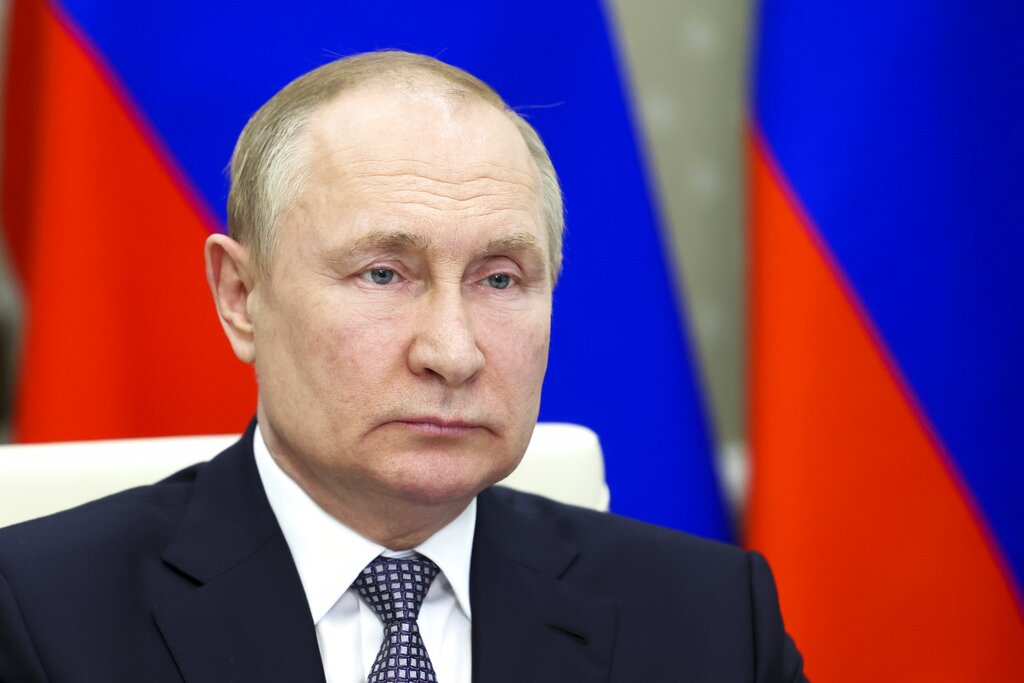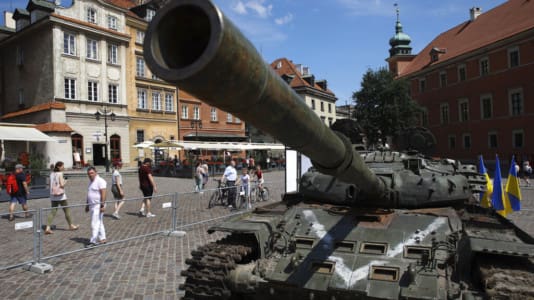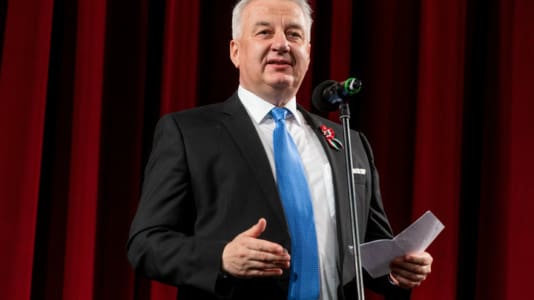As the NATO summit in Madrid approaches, NATO needs to take heed of Russia’s warning that it is preparing aggression against the Baltic states. Too many Western decision-makers are treating these warnings lightly thinking Russia would not dare to attack NATO states for fear of triggering Article 5 of the NATO treaty on mutual defense.
The trouble is that for Russia, which is suffering serious damage to its image in Ukraine, an attack on the Baltic states is tempting, as it would shift the dynamic and put enormous pressure on NATO — the Baltic states do not have the military capacity that Ukraine has to defend themselves.
The war in Ukraine has exposed the reality of how limited and slow assistance from the West is. Of course, since Ukraine is not a member of NATO, the alliance is not obliged to help it, but nevertheless, the attitude of the de facto Putin allies in Germany, France, and Italy is still concerning.
Only the stationing of NATO forces on the eastern flank has any deterrence value. This is understood by the front-line states of the Bucharest Nine and Sweden and Finland, but Italy, France, and Germany have other ideas and hope to avoid any consequences of Russian aggression.
Russia is advancing in Ukraine because the West remains divided and undecided about what it wants. If Russia attacks NATO states, there is no reason to believe that it would remain divided and uncertain about what to do. This is why only a military presence rather than any promises of support counts.
We must remember that it was Putin who in February chose armed confrontation over peaceful coexistence. Of course, Russia would be prepared to stop, but only if the West accepts its expansionism and buckles under energy blackmail. History shows that Russia is an empire that attempts to subjugate other nations.
Today, Russia is ready for isolation. It welcomes it as a stabilizing factor internally. It sees any interaction with the West as a threat to its stability. Its security concept is based on 19th century thought whereby having more territory and buffer zones provides it with security.
In December 2021, Putin demanded a new share out of spheres of influence based on what had been negotiated by Stalin with Hitler. Russia was to be the only superpower in Europe with the continent cowed in fear of its military might. Russia wants to control Eastern Europe, and politicians in Berlin, Paris, and Rome fail to understand that the reset was merely a phase to buy Russia time to recover from a lost Cold War and that Russia has now returned to its imperial politics of old.
Kissinger’s ideas of dividing the world again as in Yalta would be the fulfillment of the Kremlin’s dream: a deal with the USA at Europe’s cost. Russia remembers that the West did not want to die for Gdańsk in 1939. The West must show the kind of determination it showed during the blockade of Berlin in 1948 and the construction of the Berlin wall in 1961, and it must remember that any sign of weakness can lead to the kind of showdown witnessed over the Cuban missile crisis when Russia thought the USA would not face them down.
In Madrid, NATO must clearly signal to Russia that there will be no backing down in the face of aggression. It must accept the status quo before the war in Ukraine or face war. Any aggression against NATO states must mean war. Russia must end its imperial policies if it wants to remain stable. Since Russia has ignored Biden’s offer in Geneva in 2021, NATO now must pursue an arms race, enact a financial and technological embargo, and reduce prices of hydrocarbons. The West must tell Russia that there will be no return to the times of Yalta and Stalin.





